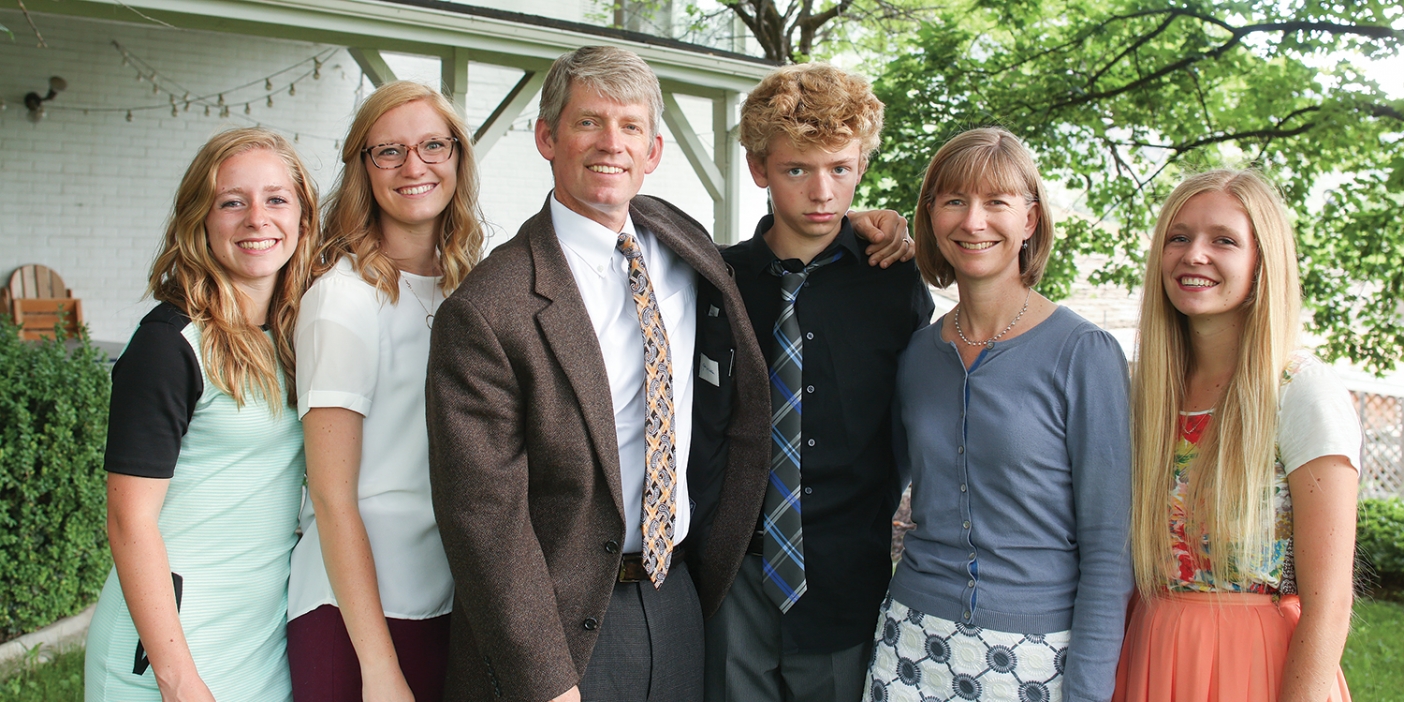In our eternal pursuit of perfection, we must be wary of the adversary’s counterfeit.
We are all familiar with the New Testament scripture “Be ye therefore perfect” (Matt. 5:48). The pursuit of perfection is holy, and those who center their lives on this pursuit are blessed. But, as with every good and holy thing, Satan is on hand to sabotage our efforts. BYU clinical professor of counseling psychology Marleen S. Williams (BS ’87) suggests that “because becoming perfect through Christ is a powerful and important doctrine, Satan . . . comes up with a counterfeit. The counterfeit is often set up to look very much like the real thing, but it differs in important ways. . . . Perfectionism is a counterfeit of real spirituality and is easily confused.”1
Satan’s counterfeit promotes the belief that everything must be done perfectly right now. Such an expectation runs counter to the whole purpose of God’s eternal plan—which purpose is for us to gain experiences, to learn from them, and to grow. God’s counsel to the early Saints was to “continue in patience until ye are perfected” (D&C 67:13). Satan’s deceptive and cunning approach is to convince us that if we want God’s approval, we must do more than we know how or are prepared to do. That naturally sets the stage for developing feelings of being overwhelmed and discouraged—by ourselves and often by those around us. In this and other areas, Satan’s strategy does not require that we commit great sins. He just needs to keep us distracted from things of eternal consequence.
Quoting Marion G. Romney, Elder Dallin H. Oaks (BS ’54) noted that “Satan is a skillful imitator” and added that he “uses every possible device to accomplish his purpose to degrade and enslave every soul.”2 Satan is adept at robbing us of our courage, confusing us, making us believe that we are not good or capable enough, that our lives are out of control. In contrast to God’s counsel, he wants us to be pushed beyond our strength, to be weary in well doing. He wants us to believe that we must bargain with the Lord for His blessings and that we may not be helped or guided unless we continue in a driven frenzy.
Satan is a wretched soul, and he wants us to be as unhappy as he is. And, if he succeeds, if we give in to what he wants instead of what we truly want, we can miss some of life’s most valuable learning experiences and be diverted from our journey back home. The result, as Nephi said, is that “the devil cheateth their souls and leadeth them away carefully down to hell” (2 Ne. 28:21) as he seeks “the misery of all mankind” (2 Ne. 2:18).
“Peace be unto thy soul” (D&C 121:7) is an important message for us to remember. We are living in a day of harsh competition and unreasonably high expectations coming from many directions. Inherent in the message of peace is one of wisdom to not run faster than we have strength (see D&C 10:4). It is good to have plans, goals, and high expectations for ourselves. But when we experience tears, exhaustion, and feelings of depression, it may mean that we are self-imposing unrighteous expectations.
As we come to accept that perfection is a developmental process, something we learn “line upon line, precept upon precept, here a little and there a little” (2 Ne. 28:30), we can let go of guilt trips and over-complication of our lives. We can better understand the truly wondrous gift of the Atonement, which as Elder Bruce C. Hafen (BA ’66) has said, is not just to erase our mistakes, but to provide a way for us “to learn from our mistakes without being condemned by them.”3
NOTES
1. “There Is Hope and Help: Dealing with Depression” (presentation, BYU Women’s Conference, Provo, April 30, 2010).
2. “Our Strengths Can Become Our Downfall,” in Brigham Young University 1991–92 Speeches (Provo: BYU, 1992), pp. 107–8.
3. “A Disciple’s Journey,” in Brigham Young University 2007–08 Speeches (Provo: BYU, 2008), p. 300.
This essay is adapted from an October 2010 address by Janet S. Scharman, BYU vice president of student life. The full text is included in Virtue and the Abundant Life: Talks from the BYU Religious Education and Wheatley Institution Symposium (Deseret Book).
By Janet S. Scharman










